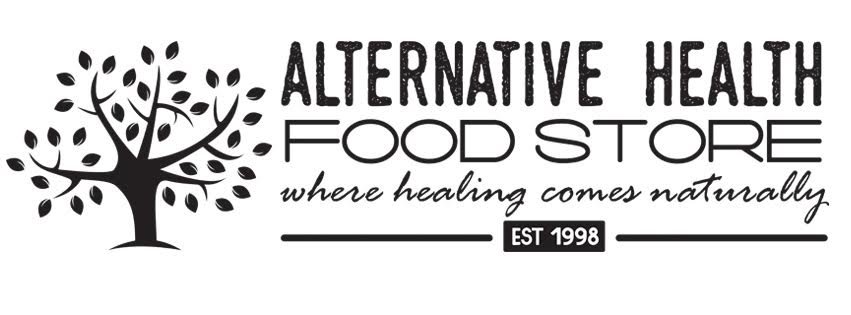Sweat is Good For You
Stronger immunity and smoother skin: These are just some of the amazing payoffs that comes from a good sweat.
“Sweating is a cooling mechanism that keeps our internal core temperature in a safe zone,” says Thad Wilson, Ph.D., a physiology professor at the University of Kentucky College of Medicine.
Our sweat glands are located one to two levels below our skin’s surface—within the dermis and hypodermis layers, respectively—with ducts that travel up to the surface and widen at the end to form our pores. These sweat glands transport salt and other trace substances from the blood and fluid around cells into the central cavity of the gland; it is this salt movement that in turn pulls water into the cavity. As sweat is released through our pores, it evaporates, thereby cooling the skin. The blood within the just-under-the-surface capillaries can off-load heat and then recirculates through the body, lowering our internal temperature.
Within its mostly water-and-salt mix, sweat also contains very minute amounts of other substances found in fluid around our cells. Two of those are natural moisturizers: urea, which is a byproduct of protein metabolism that’s predominantly excreted in urine; and lactate, a molecule produced by muscle during intense exercise. Thanks to urea and lactate, sweat helps keep our skin supple.
Sweat also has an antiseptic effect. Sweat contains anti-microbial peptides that can protect skin from infections and conditions like acne and eczema. That doesn’t mean the longer you hang out sweaty the better off you are. “The antibacterial benefits are meant for temporary protection—if you have a lot of sweat that sticks around for too long, it can become a bacterial breeding ground,” says Erin Kil, M.D., the founder of New Bloom Dermatology in New York.
The more you sweat, the more you need to rehydrate with water and possibly, electrolytes such as sodium, potassium, magnesium, and calcium. According to sports dietician Amy Goodson, water is fine for someone who is sweating in the sun for 60 minutes or less. If you sweat more than 60 minutes, you will want to drink some electrolytes. Make sure to pick a clean electrolyte like Nuun to help.
Keep in mind, for every 2 percent drop in hydration in your body, you experience about a 10 percent decrease in performance.
When your body turns on the sprinklers, it’s a good sign you’re likely to raise your core temperature enough to benefit your immune system. “When your core temperature goes up, your body increases the number of white blood cells,” says Patti Christie, Ph.D., a lecturer at Massachusetts Institute of Technology. One reason our bodies run a fever during a viral or bacterial infection is because many pathogens’ proteins have a lower tolerance to heat than our own proteins, so the spike in heat helps knock out the invaders.
Source: Shape Magazine
Photo: Photo by Ketut Subiyanto @pexels
Angel Hill-Reynolds, DNM, M.Ed., offers Natural Health Assessments, using the art of iridology with science-based solutions. She offers telehealth and in-store appointments. Visit AlternativeHealthFoodStore.com/services for details.
These statements have not been evaluated by the FDA. This is not intended to diagnose, treat, cure, or prevent disease.
